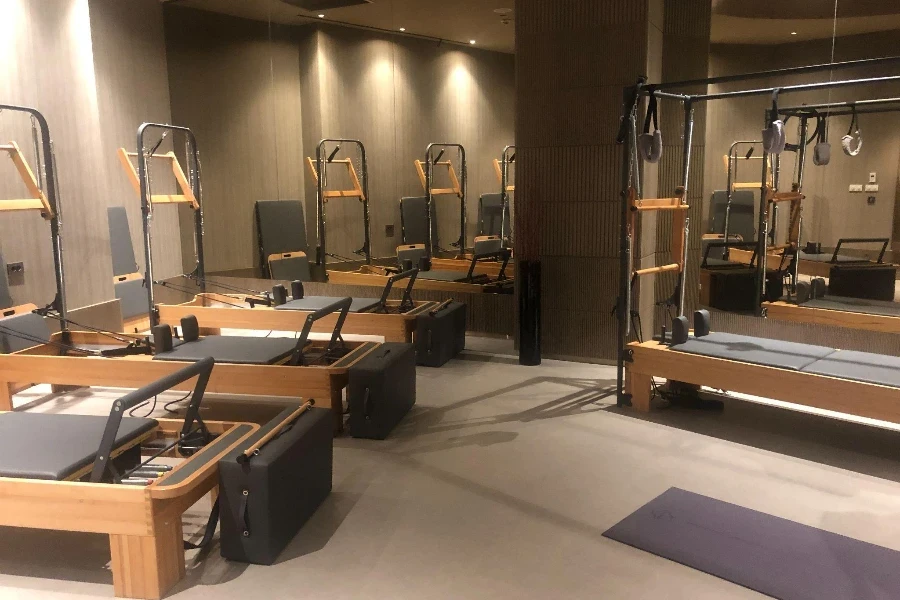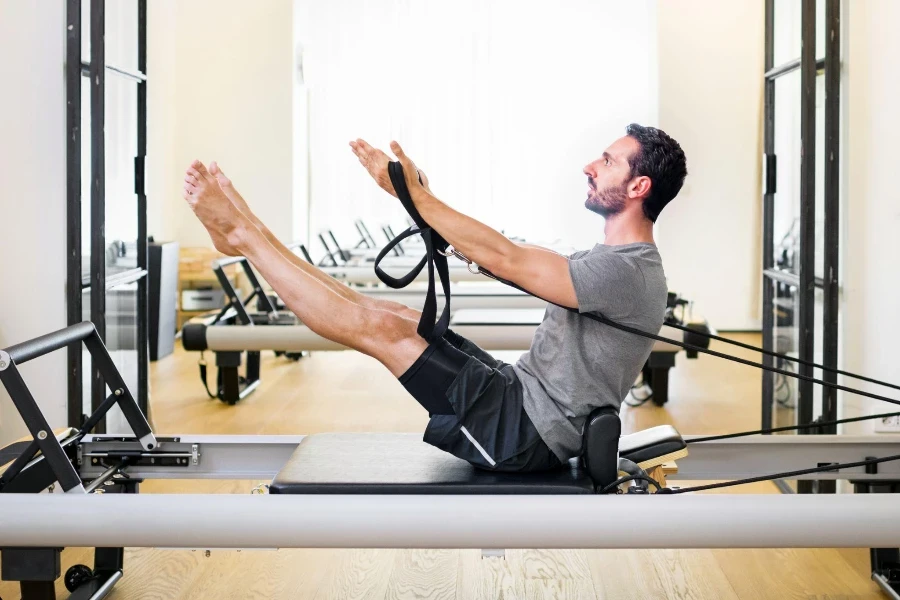Pilates, a mind-body exercise, has gained significant traction among athletes and fitness enthusiasts for its remarkable benefits in enhancing sports performance. This article delves into the essence of Pilates, exploring its history, principles, and how it complements athletic training. By breaking down complex concepts into digestible explanations, we aim to provide you with actionable insights into integrating Pilates into your fitness regime.
Table of Contents:
1. The history and principles of Pilates
2. Physical benefits of Pilates for athletes
3. Mental and emotional benefits
4. Integrating Pilates into your training routine
5. Common misconceptions about Pilates
The history and principles of Pilates

Pilates, developed in the early 20th century by Joseph Pilates, was initially crafted as a rehabilitation program for injured soldiers. Over time, it evolved into a comprehensive fitness system, emphasizing mind-body connection, core strength, flexibility, and controlled movements. The principles of Pilates—centering, concentration, control, precision, breath, and flow—are foundational to its practice, guiding athletes in achieving balance and efficiency in their movements.
Physical benefits of Pilates for athletes

Pilates stands out for its ability to enhance core strength, a critical element in improving athletic performance. A strong core not only augments power output in various sports but also contributes to injury prevention by stabilizing the spine and pelvis during dynamic movements. Furthermore, Pilates’ focus on flexibility and range of motion can aid athletes in achieving more fluid and efficient movements, reducing the risk of strains and enhancing recovery times.
Mental and emotional benefits

Beyond the physical, Pilates offers profound mental and emotional benefits, making it a holistic approach to athletic training. Its emphasis on controlled, mindful movements fosters a heightened sense of body awareness, allowing athletes to fine-tune their techniques and prevent overuse injuries. Moreover, the breathwork in Pilates can enhance mental clarity and focus, vital components in achieving peak performance in competitive sports.
Integrating Pilates into your training routine

Incorporating Pilates into an athlete’s training routine can be a game-changer. Starting with two to three sessions per week can provide noticeable benefits, including improved flexibility, core strength, and mental resilience. Pilates exercises can be tailored to complement the specific demands of various sports, making it a versatile tool in any athlete’s arsenal. Consistency and progression are key, as the benefits of Pilates accumulate over time, leading to significant improvements in performance and injury prevention.
Common misconceptions about Pilates

Despite its growing popularity, several misconceptions about Pilates persist. Some view it as a form of exercise suited only for women or believe it to be too easy to provide any real athletic benefit. However, Pilates is a challenging and highly adaptable exercise system that can benefit individuals of all genders and fitness levels. Its emphasis on precision and control requires a high level of effort and concentration, making it a valuable addition to any athlete’s training regimen.
Conclusion:
Pilates offers a wealth of benefits for athletes, from enhancing core strength and flexibility to improving mental focus and emotional resilience. By integrating Pilates into your training routine, you can unlock new levels of performance and well-being. As with any fitness endeavor, the key to success lies in consistency, progression, and a willingness to embrace new challenges.








